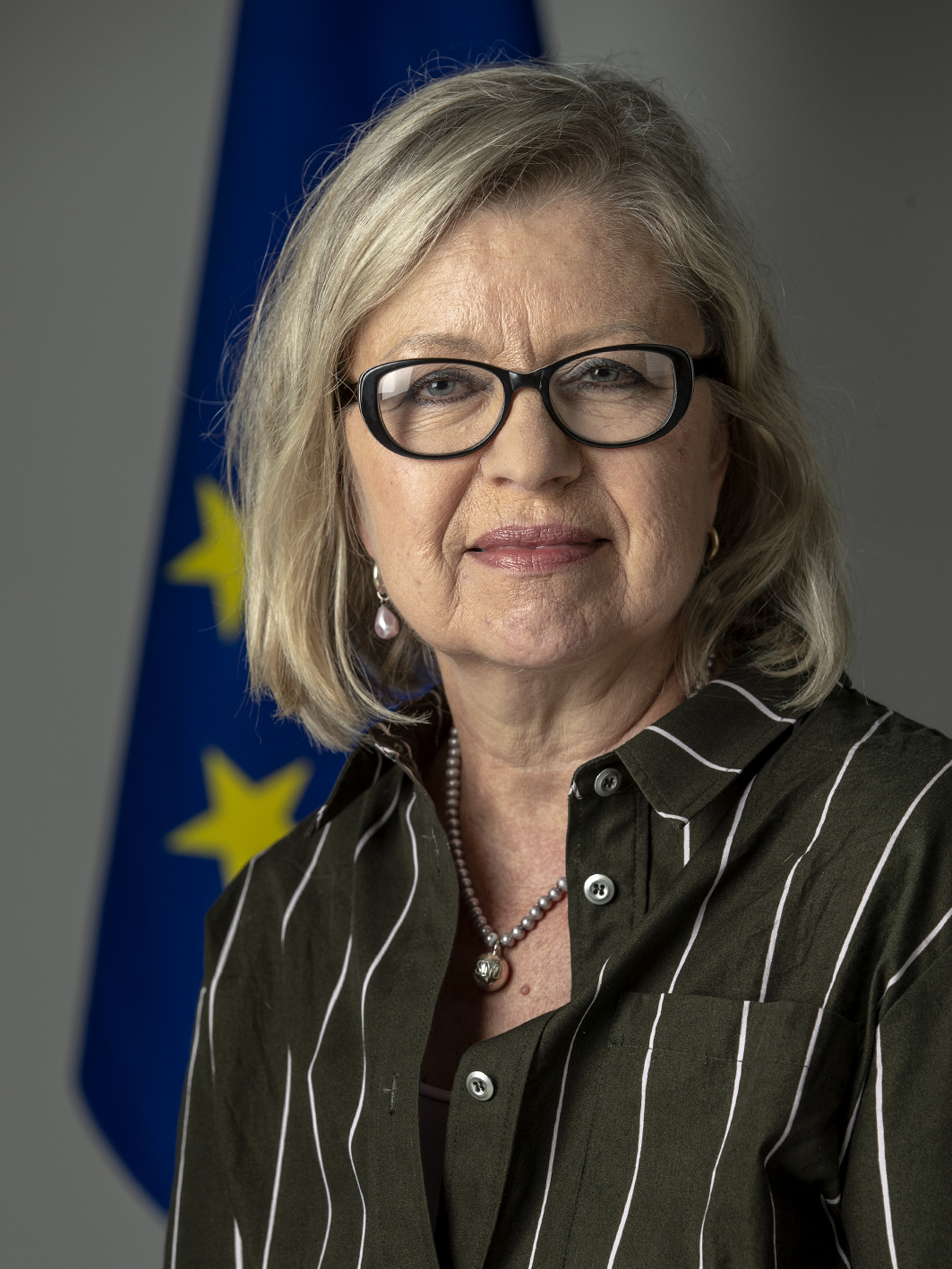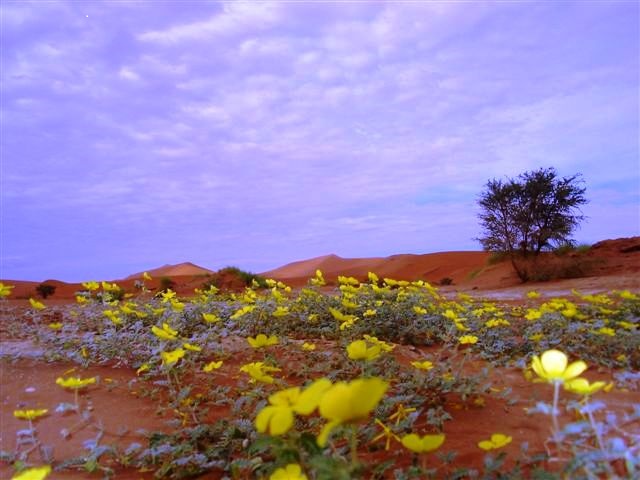EU development policy proved agile in responding to coronavirus outbreak in spring in Namibia
The European Union together with its Member States is the world's largest donor of Official Development Assistance (ODA). In the second article in a series about the development cooperation conducted by the European Union, Ambassador Sinikka Antila, Head of the Delegation of the European Union to Namibia, tells about the EU’s activity in Namibia.

This year marks the 150th anniversary of partnership between Finland and Namibia. The friendship is considered to have started in 1870, when the first Finnish missionaries arrived in Ovamboland. The relationship became closer in 1990, when Namibia was selected as one of the main partners of Finnish bilateral development cooperation.
Finland ceased to provide development assistance to Namibia in 1970 but continues to support it as a Member State of the EU.
The EU launched its own development cooperation in Namibia thirty years ago. Examples of the EU’s activity over the years include provision of budget support, development of the education and water sectors, and participation in infrastructure construction.
Unequal distribution of wealth
“Namibia has prospered from the early years of its independence but remains vulnerable especially due to the impacts of climate change and the widening wealth gap,” says Ambassador of the European Union to Namibia Sinikka Antila.
“This year for the first time in three or four years, Namibia received heavy rainfall. Now we are getting apprehensive about next year's rainy season due to start early in the year. Namibia is partly desert, which is why climate change is a question of destiny for it. Inequality is another major challenge: of the 2.5 million population of Namibia, 300,000–800,000 people live in shack villages without toilets and water supply, and income differences are huge.”

The EU tries to respond to these challenges by means of development assistance. During the ongoing funding period, the EU’s budget support to the Namibian education sector is channelled especially to the development of early childhood education and care and to vocational education. The purpose of these measures is to strengthen children’s learning capabilities and to help young people find a place in the labour market.
In the agriculture sector, the EU focuses on supporting the development of livestock farming in the northern constituencies of Namibia, where the majority of the people live. When beef farmers are able to expand to processed products and export, there will be more jobs and poverty will decline.
In addition, the EU supports projects related to climate change and measures that strengthen the civil society.
“Violence against women is the biggest human rights problem in Namibia. News about husbands, relatives or boyfriends who have killed and raped women are heard every day. Therefore, according to the objectives of the EU’s development cooperation, violence should be uprooted as early as in the kindergarten,” says Antila.
Demand for private sector actors
Today, Namibia receives very little grant-based aid; of the EU Member States only Germany conducts official development cooperation in the country. Considering the volume of the EU’s development cooperation, its support to Namibia is fairly modest. The current 7-year funding period of the EU’s development cooperation with Namibia amounts to EUR 78 million and will end at the turn of the year.
The next financial framework for 2021–2027 will continue the current programme and focus on green growth, renewable energy, job creation and education. Details of the budget have not yet been released.

Since Namibia belongs to the upper middle-income countries, Antila estimates that the amount of grant-based assistance will not increase from the current levels.
“It would therefore be extremely important that the EU use all its funding instruments to ensure that we will together manage to combine a solid Team Europe package and exercise influence,” Antila says.
“Development financiers play a central role. Finland does not have a country strategy for Namibia, but the support provided through our partnership instruments in the private sector and Finnish CSOs would work well in Namibia, where Finland is known in advance.”
Rapid response at the start of the pandemic
The EU is the world’s biggest provider of official development assistance, but it is often slower in its actions than, for example, Finnish development policy. It should be noted though that all EU policies need to be supported by the 27 Member States, which means both bureaucracy and strength.
“We are respected because we represent a large community,” Antila says.
However, the coronavirus in spring 2020 showed that, when needed, the EU can be agile. At the beginning of May, the EU allocated EUR 8.4 million in budget support to the Namibian education sector. Together with UNICEF, the EU provided school materials for children living in shanty villages. Children who live without electricity could continue their studies while schools were closed and they had no access to virtual remote teaching.
The Minister of Finance of Namibia asked assistance to help control the country’s growing debt burden. The additional support was used to hire a special advisor to the Ministry to handle these matters.
“In addition, the Member States provided direct support and the Directorate-General for European Civil Protection and Humanitarian Aid Operations (ECHO) was able to send food assistance and related support, which was worth with more than two million euros. Namibia has been truly grateful for this assistance.”
Sarjan ensimmäinen osa: Näköalapaikalla Euroopan komissiossa: Team Europe vahvistaa EU:n johtajuutta kehitysyhteistyössä(Link to another website.) (Opens New Window)

